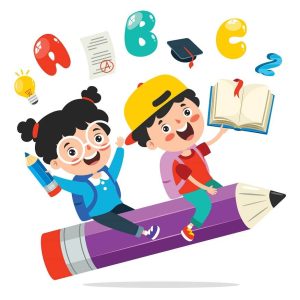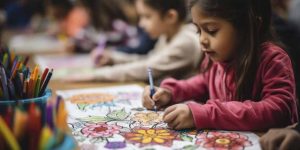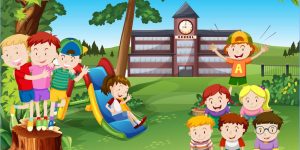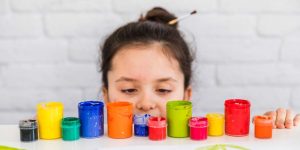How Failure Encourages a Growth Mindset in Education
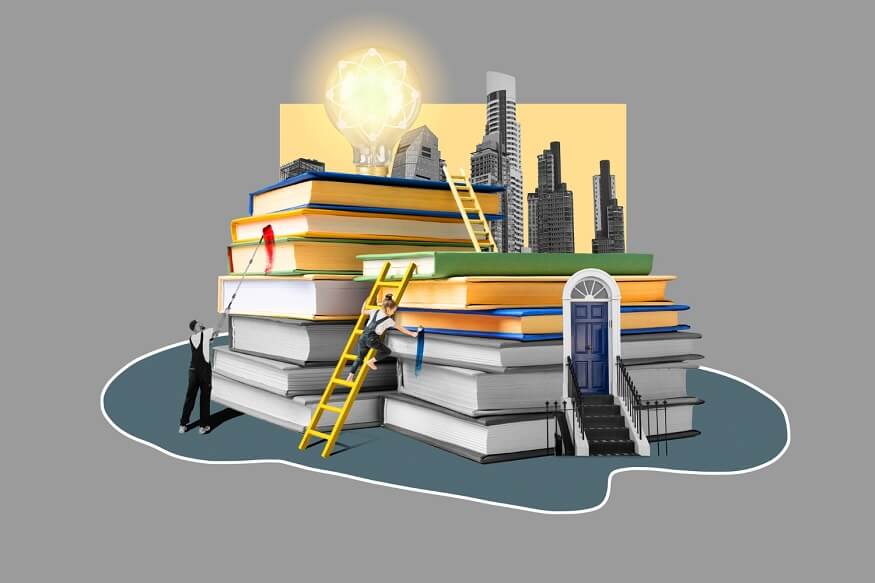
In our society today, failure is often viewed as a negative experience. People try to avoid failure at all costs, and move on quickly without dwelling on the experience. In modern-day learning processes however, failure is seen as a great motivator and a very important teaching tool.
Learning from failure is considered essential to building a growth mindset in education.
Simply put, a growth mindset is a view or belief that abilities, knowledge or talents are not innate, and can be changed through dedication and hard work. The ability to figure out how to create stepping stones from stumbling blocks is an important life skill that all children would benefit from.
In this blog, we explore how learning from failure can aid in developing a growth mindset in children. We will also look at incorporating social-emotional learning strategies into daily school life, and some of the techniques that students and teachers can follow to make it an enriching learning experience.
Understanding the Growth Mindset
Before getting into the specifics of learning from failure, it is first important to define what a growth mindset is. First and foremost, a growth mindset is a mental approach, wherein a child perceives challenges and failures not as defeat, but as opportunities to learn, develop and grow. Secondly, a growth mindset teaches a child to consider all factors in a particular success or failure. This develops their ability to introspect, as well as consider the environment and people around them, which in turn helps to develop a strong sense of perception. A growth mindset in education is especially important for young children, as it is often easy for them to get discouraged.
The Role of Failure in Building a Growth Mindset
The old adage, “If at first you don’t succeed, try, try again,” is something perhaps each of us have heard at some point in our lifetimes. Applying a growth mindset to a similar situation would involve first analysing why the failure occurred, and deciphering what should change to achieve success in the next attempt. Learning from failure offers children immense opportunities to learn, grow and develop.
- Learning from Mistakes: Students need to approach failure with perseverance, focussing on things that did not work so that they can solve issues and problems. This reflection and adjustment are vital in the process of personal growth and development. Specifically, when a child believes that failure is part and parcel of the learning process, they are more likely to take risks in creativity and innovation, and thus achieve their full potential.
- Building Resilience: Failure teaches children how to become resilient and manage stress. They learn to get back on their feet and embrace the process of trial and error. This is also a characteristic of the growth mindset, where students who are struggling continue to make efforts to overcome the challenges they face.
- Encouraging Effort and Persistence: When children achieve success after failure, they begin to understand that dedication, hard work and effort can change an outcome. They begin to see the value of persistence and staying focussed on their goal. This determination to face challenges and overcome them is vital for adulthood.
Social Emotional Learning Strategies to Support a Growth Mindset
Integrating social-emotional learning strategies at school can play a huge role in building a growth mindset in children.
- Encourages Self-Awareness: Teaching learners to be emotionally self-aware is an important aspect of building a growth mindset. Students must be able to identify their own strengths and areas of improvement without it affecting their self confidence or belief in their abilities.
- Promotes Positive Relationships: Creating supportive and positive relationships with classmates and teachers helps maintain a culture that enables students to experiment and fail. Positive relationships promote help-seeking and willingness to share problems and difficulties with other people, and be open to receiving help and feedback.
- Constructive Feedback: Comments that target aspects such as effort, approaches and achievement help to frame a learner’s perception. They begin to think of their performance as improvable through effort. Positive feedback promotes the growth philosophy because it helps people understand that skills can be learned, regardless of innate talent or ability.
Practical Tips for Embracing Failure
Here are some practical tips to help students embrace failure and develop a growth mindset:
- Normalise Failure: This enables students to realise that failure is a milestone on the path to success.
- Celebrate Effort and Progress: Understand and appreciate the efforts and achievements of students, not just the results they produce. This reasserts effort and determination as appropriate or praiseworthy.
- Encourage Reflection: Ask students to reflect on what they have failed in and what they have learnt from it. Reflection helps students to retain what they learned from their failures as they prepare for other similar events.
- Model a Growth Mindset: Teachers must encourage students to demonstrate how they have failed, and what measures they took to achieve success. This sets a positive example within the classroom, where students are able to understand the process of failing and succeeding, and are inspired to take risks with their innovations and creativity.
- Create a Supportive Environment: Teachers must help students understand that it is completely acceptable to make mistakes during the learning process. Encourage students to talk about their challenges with their peers to seek advice and different perspectives. Setting up group work projects that require problem-solving as a team is also an excellent way to promote peer learning and support.
When difficulties are considered chances for improvement, students can become more effective problem solvers. Building a growth mindset in children takes time and effort – not just from teachers and school management, but from parents as well. Role modelling the principles of a growth mindset at home and at school will help young children experience this approach in all aspects of their lives.
At Billabong High International School, we believe in building growth mindsets with our students at an early age. Our integrated curriculum is designed with social-emotional learning strategies integrated into daily school life, so that all of our students are able to reach their potential while enjoying enriching learning experiences. To learn more about our curriculum, visit our website or contact our admissions office.







